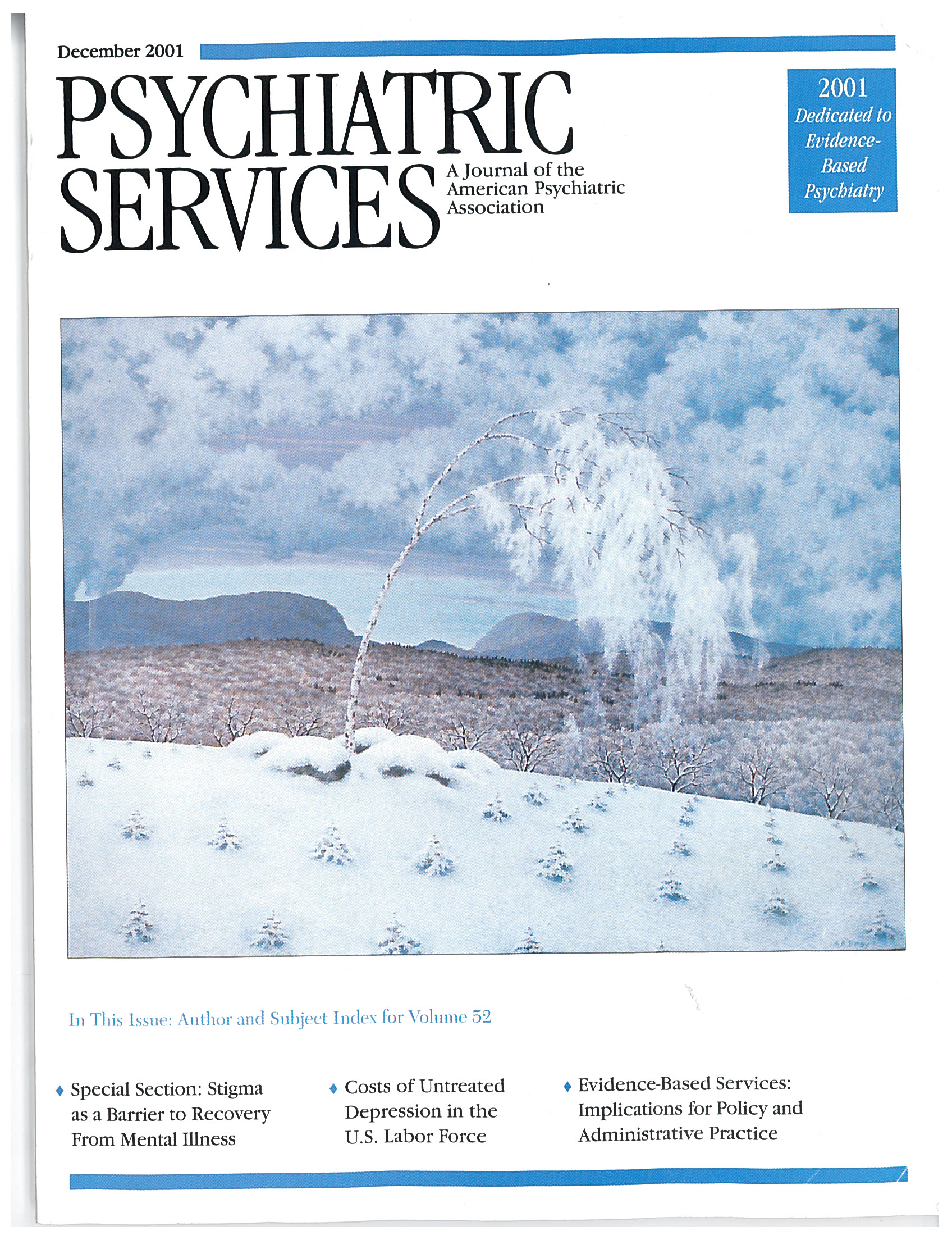Community Treatment of Drug Misuse: More Than Methadone The Addiction-Prone Personality
In the United States, the world of methadone maintenance therapy is foreign to almost all mental health professionals who are not directly involved in the provision of services at federally regulated clinics. This is an unfortunate consequence of the unique regulatory structure that separates methadone therapy from the mainstream of both medical and psychiatric care.
It is therefore most interesting to read Dr. Seivewright's Community Treatment of Drug Misuse, a detailed and informative book about the delivery of drug treatment services in Great Britain, where methadone treatment is not diverted from the mainstream. Although the subtitle of the book is "More Than Methadone," it is clear that the author's greatest clinical expertise and the subject about which he has the most to offer is methadone treatment. He has worked in the field for more than a decade and is considered one of Great Britain's leading authorities on drug treatment.
The book is divided into two sections, the first entitled "Treatments" and the second "Providing Clinical Services." The first section presents a thorough discussion of the clinical realities of methadone treatment as well as other treatments for opiate addiction and other drug problems. Much attention is paid to the differences between using methadone for long-term maintenance and using it for shorter periods, including for acute detoxification. The author wrestles with the problem of young users who have not been dependent for very long and how best to avoid getting them onto maintenance therapy. Other special populations are considered in turn, with illustrative case examples.
The second section will be of particular value to those involved in the planning, organization, and administration of drug treatment services. Seivewright reviews the history of service delivery in the United Kingdom and describes the current system in detail. He then addresses the issues of treatment in primary care settings and the problems related to dual diagnosis. His rich clinical experience, thoughtful analysis, and abundant common sense make these chapters well worth reading. I would strongly suggest that anyone involved in the provision of drug treatment services obtain this book, especially those who work with patients using methadone. The book would also be interesting to those who work regularly with substance abusers and to anyone who is interested in methadone treatment.
In contrast to the first book, The Addiction-Prone Personality is pure research. The lead author has more than 20 years' experience in personality research as it applies to alcoholism and drug abuse, and his coauthors have written numerous papers on the subject as well. Whereas the first book reviewed here focuses almost exclusively on drug abuse, this work gives much more attention to alcohol abuse. The "prealcoholic personality" is covered in detail, as is the personality of the alcohol user and of the person who is clinically dependent on alcohol. Perhaps the book would have been better titled "The Prealcoholic and Alcoholic Personalities."
As a clinician I found little in this book that I could use in my work. Although the psychological research the book covers is extensive, and although many studies are discussed and reviewed, it was difficult for me to synthesize the information into clinically useful constructs. I would guess that readers who are involved in personality research would benefit a great deal from the comprehensive assessment of a vast body of research data that the authors present in this book. Use of psychometric tools is the primary research method of the studies discussed, and some familiarity with these instruments is probably required to understand the meaning of the results.
I would recommend this book only to those involved in basic psychological research on personality variables in alcoholism and drug abuse. Today's busy clinicians can find much more relevant literature elsewhere to guide or inform their practice.
Dr. Kadish practices psychiatry in Shrewsbury, Massachusetts.



